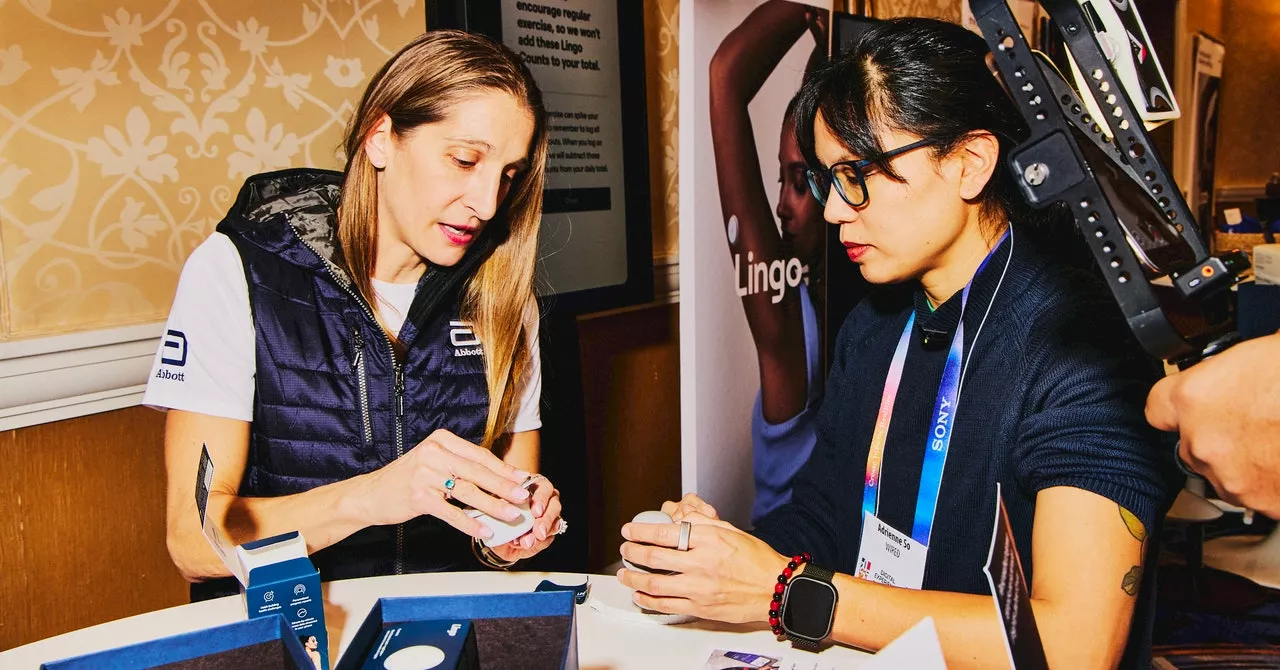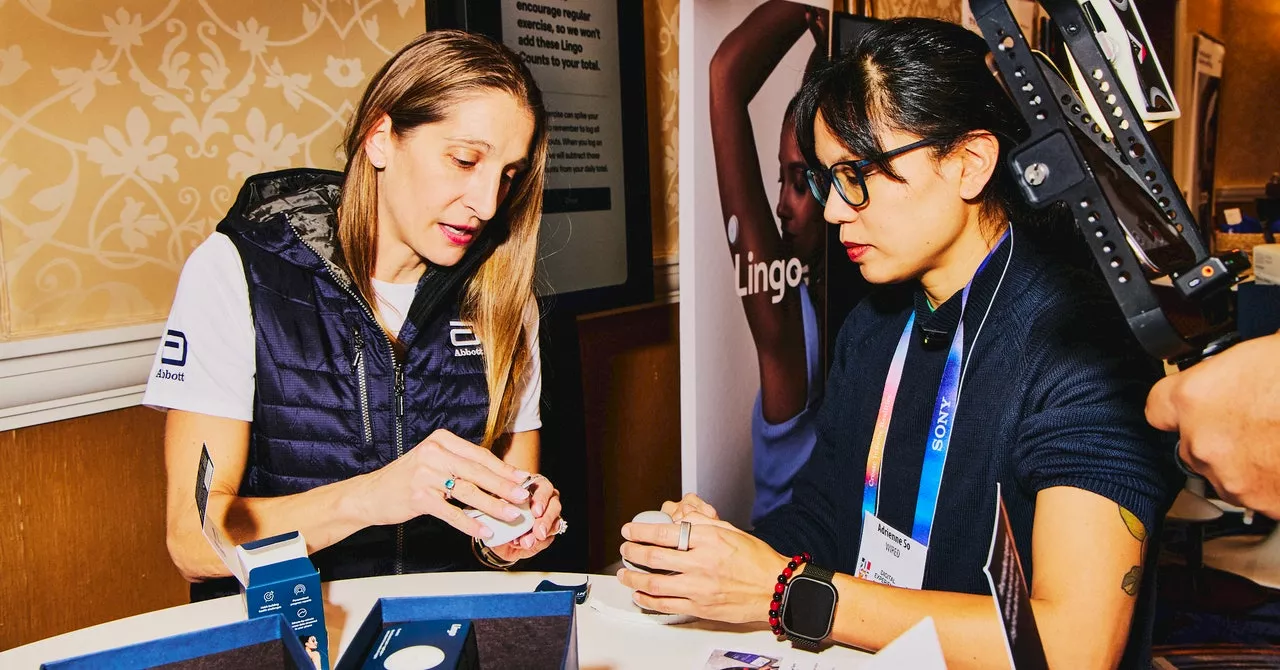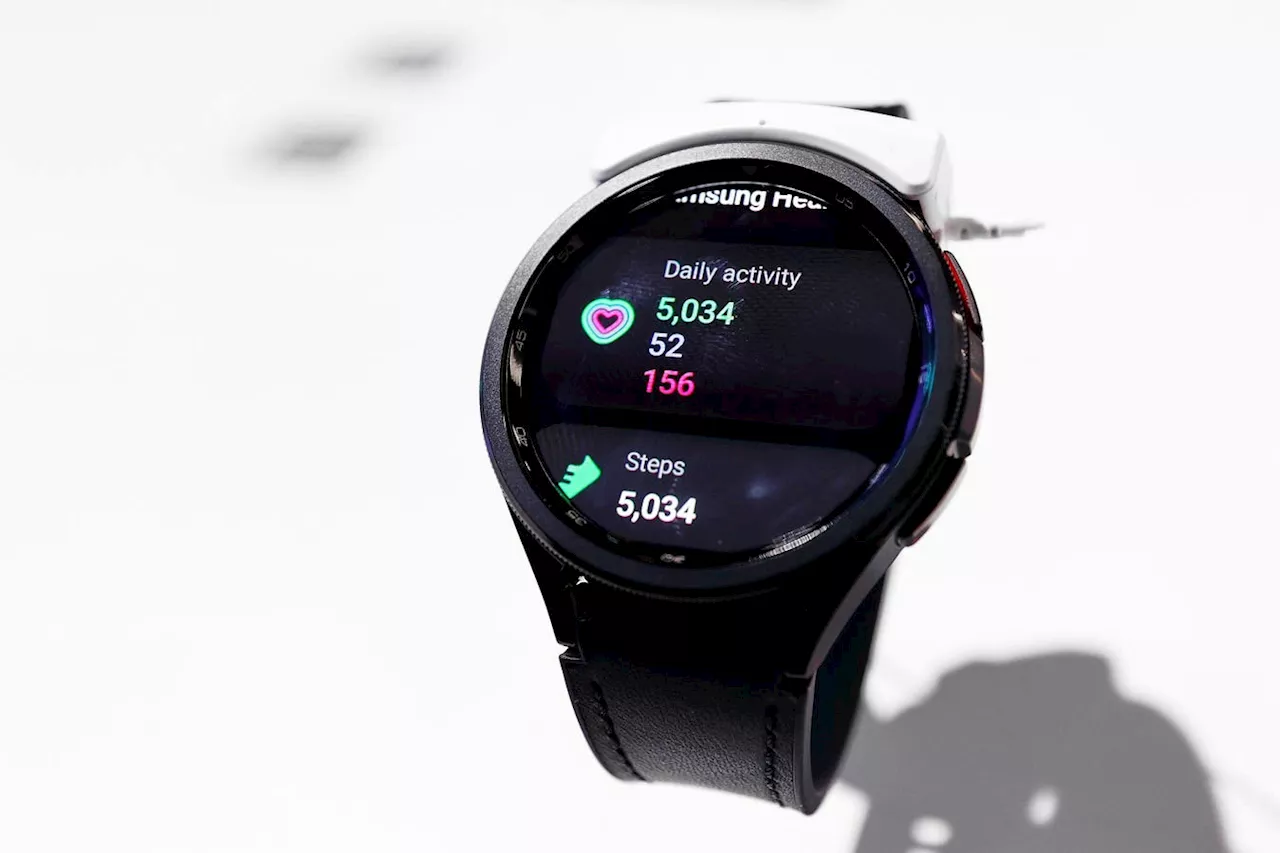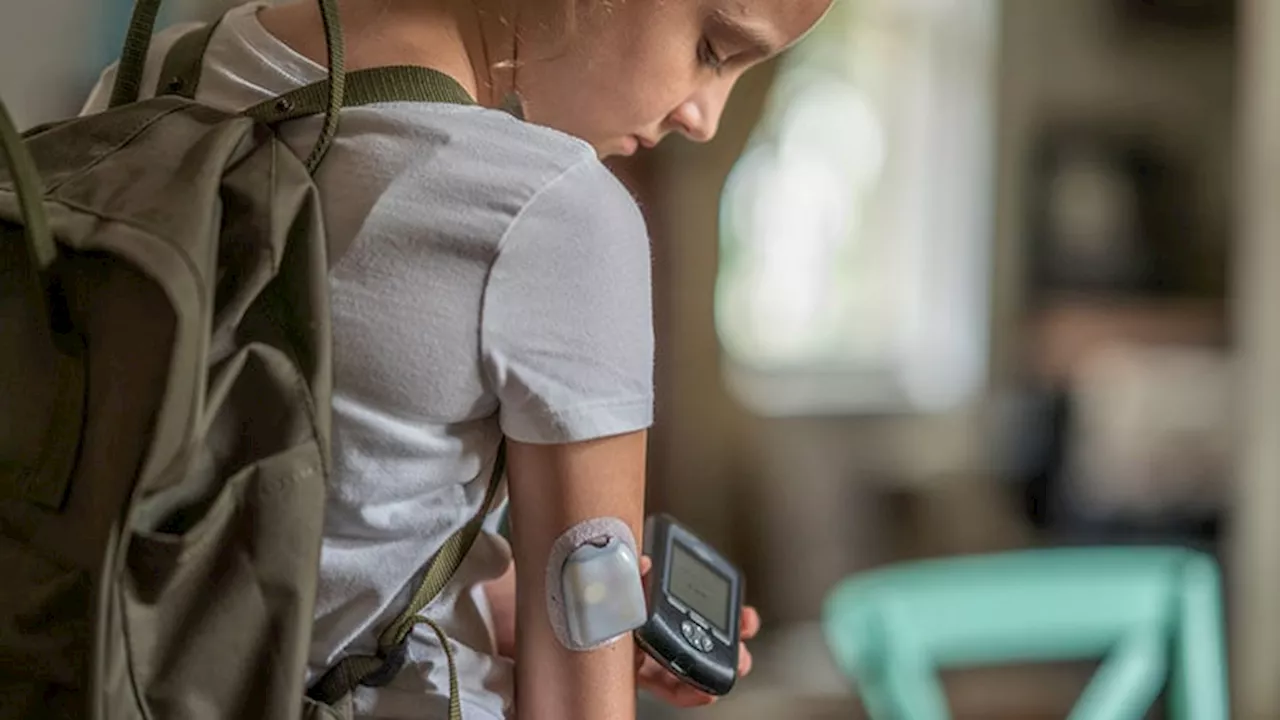A new study reveals that nearly 1 in 5 people using continuous glucose monitors (CGMs) don't have diabetes. This raises questions about the device's usefulness beyond blood sugar management for diabetics. The article explores the potential benefits and drawbacks of CGMs for non-diabetics, including their role in diabetes prevention, weight loss, and overall health.
ArticleBody:Continuous glucose monitors were originally designed to help people with diabetes track and better manage their blood sugar . Nowadays, not everyone you see wearing one actually has diabetes. In fact, nearly 1 in 5 people use the device for other reasons, according to a new study. But is a continuous glucose monitor really useful if you don’t have diabetes, or is it just a health fad? First, it’s important to understand how it works.
After eight weeks, those wearing glucose monitors lost an average of 3.1 kg, compared to 2.3 kg in the other group. The results suggest that continuous glucose monitors might help people improve their diets—but the weight loss difference wasn’t dramatic. There’s also a downside: too much data without the right context can do more harm than good.
CONTINUOUS GLUCOSE MONITORS DIABETES WEIGHT LOSS HEALTH TRENDS METABOLIC HEALTH
United States Latest News, United States Headlines
Similar News:You can also read news stories similar to this one that we have collected from other news sources.
 Continuous Glucose Monitoring: The Next Frontier in Health TechThe article explores the rise of continuous glucose monitoring (CGM) devices like Lingo and Dexcom's Stelo, highlighting their potential benefits for both diabetics and non-diabetics. It delves into the personal experience of a working mom who initially hesitated to try CGM due to the 'squick factor' and time constraints. The article also discusses Dexcom's recent innovations, including a partnership with Oura to integrate blood sugar monitoring into smart rings and the launch of a GenAI platform for personalized health insights.
Continuous Glucose Monitoring: The Next Frontier in Health TechThe article explores the rise of continuous glucose monitoring (CGM) devices like Lingo and Dexcom's Stelo, highlighting their potential benefits for both diabetics and non-diabetics. It delves into the personal experience of a working mom who initially hesitated to try CGM due to the 'squick factor' and time constraints. The article also discusses Dexcom's recent innovations, including a partnership with Oura to integrate blood sugar monitoring into smart rings and the launch of a GenAI platform for personalized health insights.
Read more »
 The Rise of Home MedTech: Continuous Glucose Monitoring and BeyondThis article explores the burgeoning field of home medical technology (medtech) highlighted by the recent CES 2025. It delves into the advancements in continuous glucose monitoring, arterial health monitoring, hormone tracking, and comprehensive health analysis platforms. The author also discusses the potential impact of this technology on consumer health and the recent downturn in the digital health market.
The Rise of Home MedTech: Continuous Glucose Monitoring and BeyondThis article explores the burgeoning field of home medical technology (medtech) highlighted by the recent CES 2025. It delves into the advancements in continuous glucose monitoring, arterial health monitoring, hormone tracking, and comprehensive health analysis platforms. The author also discusses the potential impact of this technology on consumer health and the recent downturn in the digital health market.
Read more »
 Abbott Lingo Continuous Glucose Monitor Review: A Painless Look at Your Blood SugarThis review explores the Abbott Lingo, a continuous glucose monitor (CGM) that offers a painless way to understand your blood sugar levels. The author shares their personal experience using the device, highlighting its ease of application, water-resistance, and user-friendly app. While praising its effectiveness, the review also discusses potential drawbacks like cost, replacement frequency, and occasional connection issues.
Abbott Lingo Continuous Glucose Monitor Review: A Painless Look at Your Blood SugarThis review explores the Abbott Lingo, a continuous glucose monitor (CGM) that offers a painless way to understand your blood sugar levels. The author shares their personal experience using the device, highlighting its ease of application, water-resistance, and user-friendly app. While praising its effectiveness, the review also discusses potential drawbacks like cost, replacement frequency, and occasional connection issues.
Read more »
 Samsung Hints at Non-Invasive Continuous Glucose MonitoringSamsung is developing a non-invasive continuous glucose monitor (CGM), a technology that has long been considered the holy grail of wearable health devices. While a release date is unknown, Samsung executives express confidence in the technology's imminent arrival, potentially within the next year or two. This breakthrough could revolutionize diabetes management and provide valuable insights into glucose levels for a wider population.
Samsung Hints at Non-Invasive Continuous Glucose MonitoringSamsung is developing a non-invasive continuous glucose monitor (CGM), a technology that has long been considered the holy grail of wearable health devices. While a release date is unknown, Samsung executives express confidence in the technology's imminent arrival, potentially within the next year or two. This breakthrough could revolutionize diabetes management and provide valuable insights into glucose levels for a wider population.
Read more »
![]() What everyone should know on tracking blood sugar levels with continuous glucose monitoringNBC News Medical correspondent Dr. Akshay Syal explores the growing wellness trend of blood sugar monitors used among non-diabetic people.
What everyone should know on tracking blood sugar levels with continuous glucose monitoringNBC News Medical correspondent Dr. Akshay Syal explores the growing wellness trend of blood sugar monitors used among non-diabetic people.
Read more »
 Schools Resist Remote Monitoring of Diabetes DevicesThe rise of continuous glucose monitors (CGMs) has revolutionized diabetes management for children, but many schools are reluctant to implement remote monitoring of these devices, leaving parents concerned about their children's safety.
Schools Resist Remote Monitoring of Diabetes DevicesThe rise of continuous glucose monitors (CGMs) has revolutionized diabetes management for children, but many schools are reluctant to implement remote monitoring of these devices, leaving parents concerned about their children's safety.
Read more »
